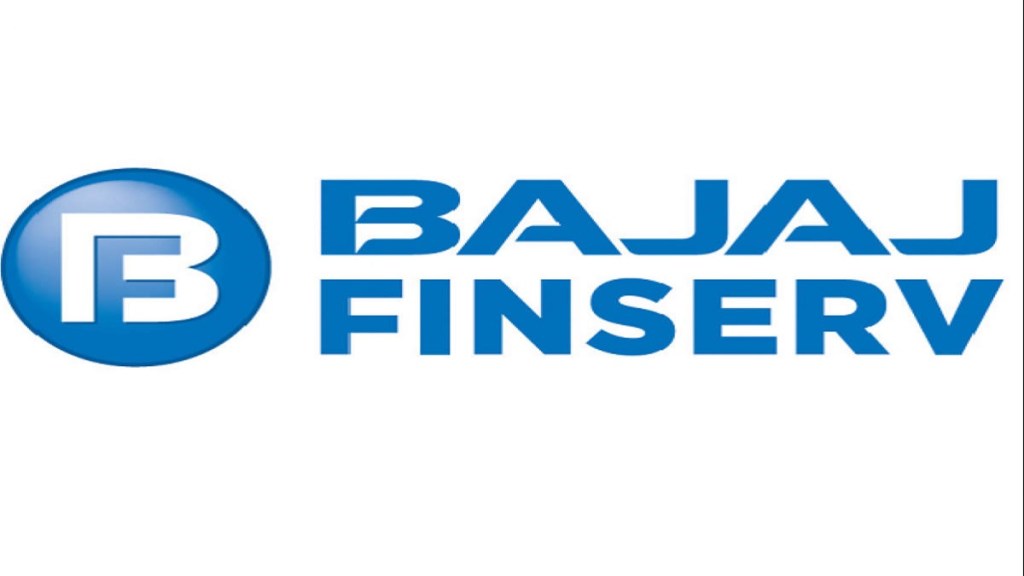Bajaj Finance on Monday reported a 22% year-on-year rise in net profit to Rs 3,639 crore for the October-December quarter on the back of a 29% year-on-year rise in net interest income and improved asset quality. The non-banking financial company’s (NBFC’s) profits were marginally lower than analyst estimates on higher provisioning and regulatory actions. Markets had forecasted net profit to increase by around 26% to Rs 3,716 crore.
“While net interest margin continues to soften gradually on account of lagged effect of cost of funds increase, elevated loan losses and impact of regulatory action have led to profit growth being lower by approximately 5-6%,” the company said. The company said there was a NIM compression in Q3 over Q2 by 11 bps because of an increase in risk weights and higher incremental cost of funds. The company has increased rates across all portfolios by 20-30 bps.
On November 16, ’23, the Reserve Bank of India (RBI) increased the risk weight on consumer credit exposure from 100% to 125%, which had an impact of 290 bps on CRAR. Adjusted for this change CRAR would have been 26.77%, the company said.
Loan losses and provisions during the December quarter were up 48.39% to Rs 1,248 crore as against Rs 841 crore in Q3FY23. The company holds a management and macroeconomic overlay of Rs 590 crore as of December 31, 2023. Pre-provisioning operating profit increased by 27% to Rs 6, 142 crore from Rs 4,853 crore in Q3FY23.
Bajaj Finance’s net interest income during the quarter increased by 29% to Rs 7,655 crore. Net total income increased by 25% to Rs 9,298 crore. Bajaj’s asset quality improved with gross NPA and net NPA as of December 31, 2023, at 0.95% and 0.37% respectively, as against 1.14% and 0.41 % as of December 31, 2022. Consolidated assets under management crossed the Rs three trillion mark during Q3FY24 and grew by 35% to Rs 3.10 trillion as of December 31, ’23.
The number of new loans booked grew by 26% to 98.6 lakh and customer franchise rose by 22% y-o-y to 8.04 crore as of December 31, ’23. Bajaj Auto’s deposit book grew by 35% to 58,008 crore.
During the quarter, RBI had directed the company to stop sanction and disbursal of loans under its two lending products — ‘eCOM’ and ‘Insta EMI Card’ — with immediate effect on account of certain deficiencies observed in the implementation of the extant provisions of digital lending guidelines of RBI.
This includes non-issuance of key fact statements to the borrowers and the deficiencies in the statements issued in respect of other digital loans sanctioned by the company. The company said it had temporarily suspended sanction and disbursal of new ‘eCOM’ loans and loans on ‘Insta EMI Card’.
